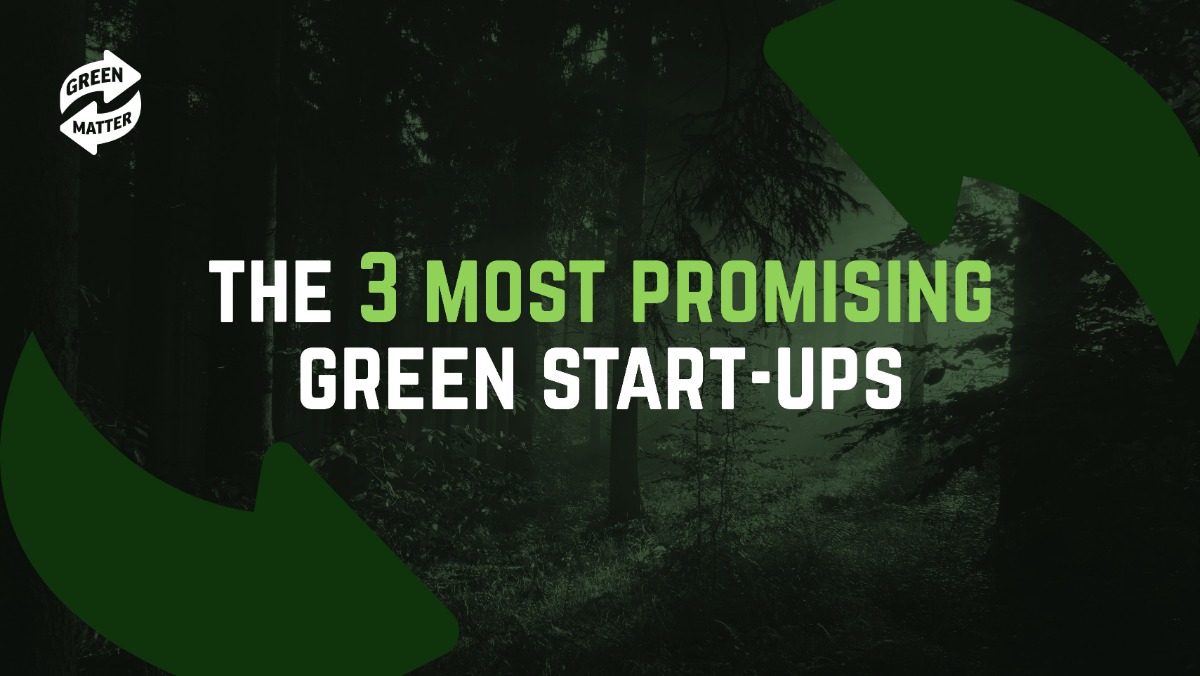GoodHout Wood made from coconut husks.
GoodHout produces a unique wood and Biobased composite made from 100% natural coconut husks. GoodHout does this in a unique and innovative way. Thanks to their patented technology, the naturally present adhesives in the coconut are activated and a 100% natural alternative to wood is produced. It has exceptional properties, and no added formaldehyde. Like all startups in our GreenMatter top 3 most promising green startups, GoodHout delivers its products in accordance with European standards. One of the main reasons GoodHout fits into this list of green startups is their contribution to a circular economy. Thanks to the use of upcycling in the production process, coconut husks that would otherwise be burned are now used to make a new and innovative product. Since 60 billion coconuts are grown each year, of which approximately 85% of the husks remain unused, GoodHout is a green startup that the Netherlands can be proud of!
Outlander Materials UnPlastic the alternative for single-use plastic
Outlander Materials has a clear mission, which is to eliminate waste. Thanks to their innovation called UnPlastic, they have made a nice step towards achieving their mission. By using existing resources, by-products and waste from the food industry to create materials, they have created a material that is compostable and does not give off toxins. This material has been named UnPlastic and acts as the number one alternative to the plastic we use every day. Outlander Materials is committed to growing UnPlastic into a product that becomes viable for large-scale commercial implementation. A complex challenge that we very much welcome. Therefore, this Dutch startup should not be missing from the list of green startups.
BBBLS Climate-neutral greenhouses
BBBLS builds climate-neutral greenhouses by using smart insulation with soap bubbles in a double roof construction. Anton Paardekooper founded the company in 2012 with three associates to help growers have more impact on CO2 emissions, namely from 5 million tons in Dutch horticulture back to one million tons. They now have seven employees and three prototypes, of which one is a demo and two are sold. The challenge now is to reduce the cost price in order to grow. Thanks to the energy-saving greenhouses of BBBLS there is not only less impact on the environment, but the growers also use much less energy so that they have a higher profit margin. A win-win situation that once again underlines that green startups can really make an impact.
The impact of Dutch startups
Thanks to the aforementioned startups, but also thanks to a whole bunch of other organizations, the transition to a circular economy seems to be getting better and better. Despite the fact that the Netherlands is already leading in the reuse of materials, there is still plenty of room for improvement. Think for example of the shift from downcycling to upcycling. Also, there is still little attention paid to prevention, reuse and repairs. Through our circular products made from recycled artificial grass, we are also trying to make a contribution to the growing circular economy. For this contribution, we even received the Plastics Recycling Award Europe last year. In our view, however, it is important that circularity becomes even more alive in the Netherlands. Partly thanks to startups like GoodHout, Outlander Materials and BBBLS, we already have faith in this.


